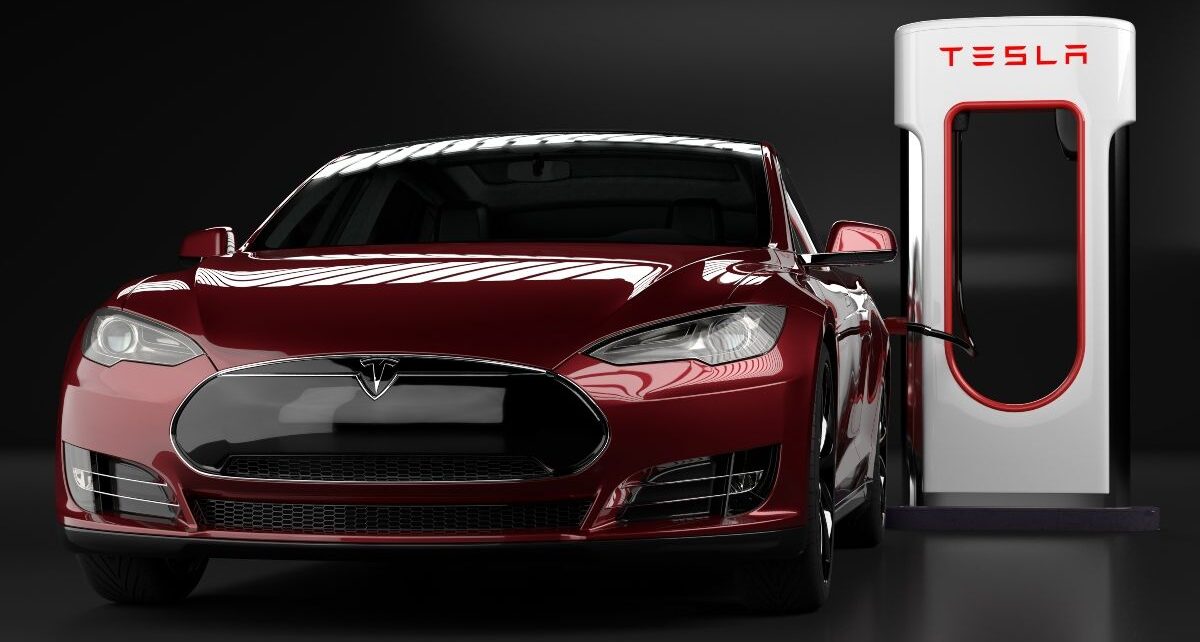Charging a Tesla electric vehicle (EV) requires a certain amount of energy, which can vary depending on a few factors. Here are some of the main factors that can affect how much energy it takes to charge a Tesla:
- Battery size: The larger the battery, the more energy it will take to charge it. For example, a Tesla Model S with a 100 kWh battery will require more energy to charge than a Tesla Model 3 with a 50 kWh battery.
- Charging rate: The faster you charge your Tesla, the more energy it will consume. For example, using a Tesla Supercharger station, which can charge at rates of up to 250 kW, will use more energy than using a Level 2 home charger, which typically charge at rates of up to 40 kW.
- Charging efficiency: The efficiency of the charging process can also affect how much energy is required to charge a Tesla. For example, a Tesla with a newer, more efficient charging system may require less energy to charge than an older Tesla with a less efficient system.
In general, it takes about 20-25 kWh of energy to charge a Tesla Model 3 with a 50 kWh battery from empty to full. This means that if you were using a Level 2 home charger, which charges at an average rate of around 7 kW, it would take about 7 hours to charge a Model 3 from empty to full. If you were using a Tesla Supercharger, which charges at a rate of up to 250 kW, it would take about an hour to charge a Model 3 from empty to full.
Overall, the amount of energy it takes to charge a Tesla depends on a variety of factors, including the size of the battery, the charging rate, and the efficiency of the charging system. By understanding these factors and charging your Tesla efficiently, you can help to minimize the energy required to keep your EV charged and ready to go.



